
Real-time assessment of motives for sharing and creating content among highly active Twitter users: http://osf.io/jf8w9/
We hope those results advance our understanding of the complexity and context-dependence of motivations for posting on social media. This was a complicated project with a lot of aspects in the data that one could focus on, so we are very grateful for feedback and suggestions.
Original and political content featuring outrage and anger was more likely to be subsequently retweeted by others. Our findings may denote adaptive strategies in the incentive structure of social media that rewards such content.
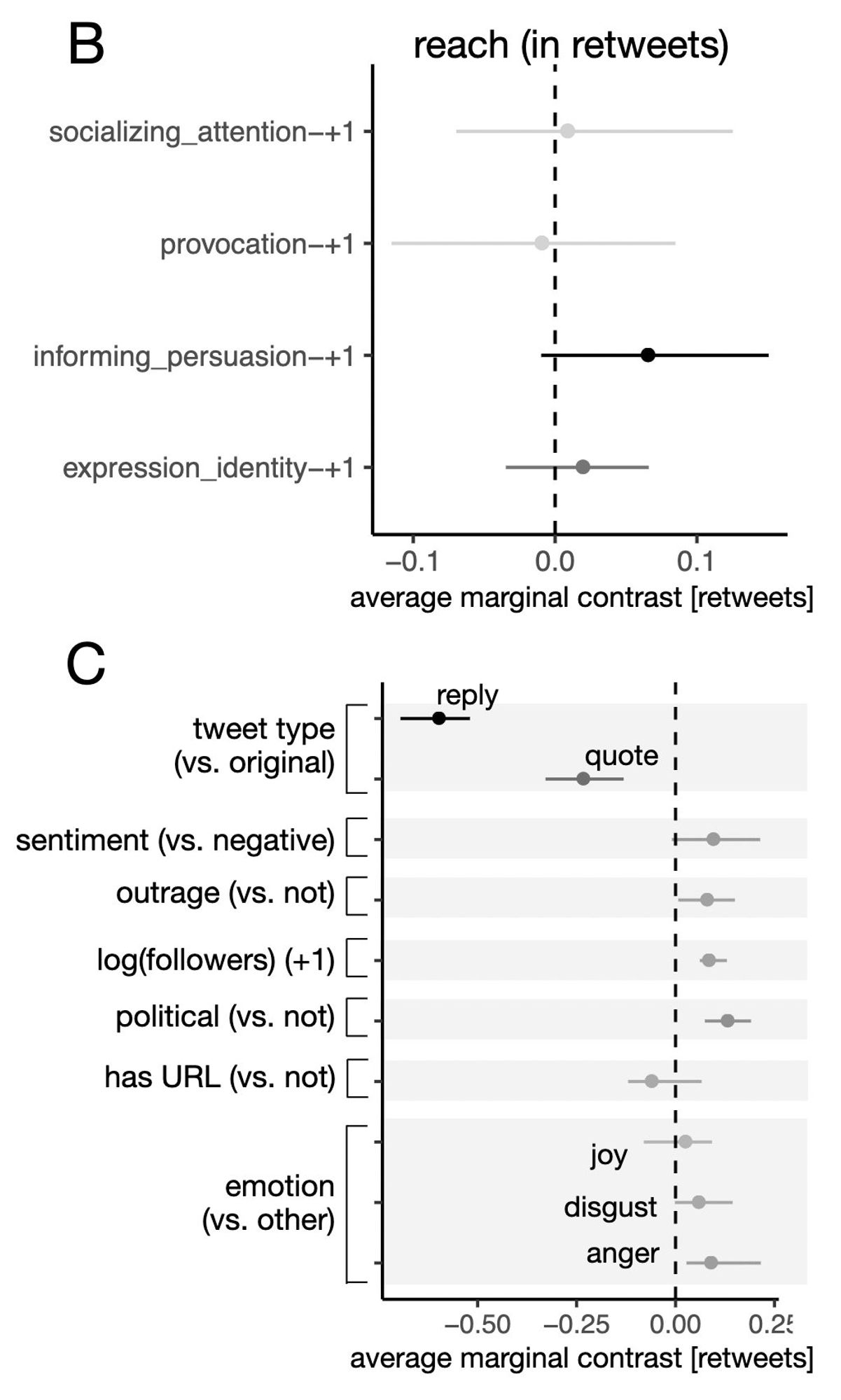
When creating content, participants were more likely to be motivated by the goals of informing and persuading others, for which they used negative language and expressed outrage. In contrast, entertaining content and positive language was used for socializing and attention.
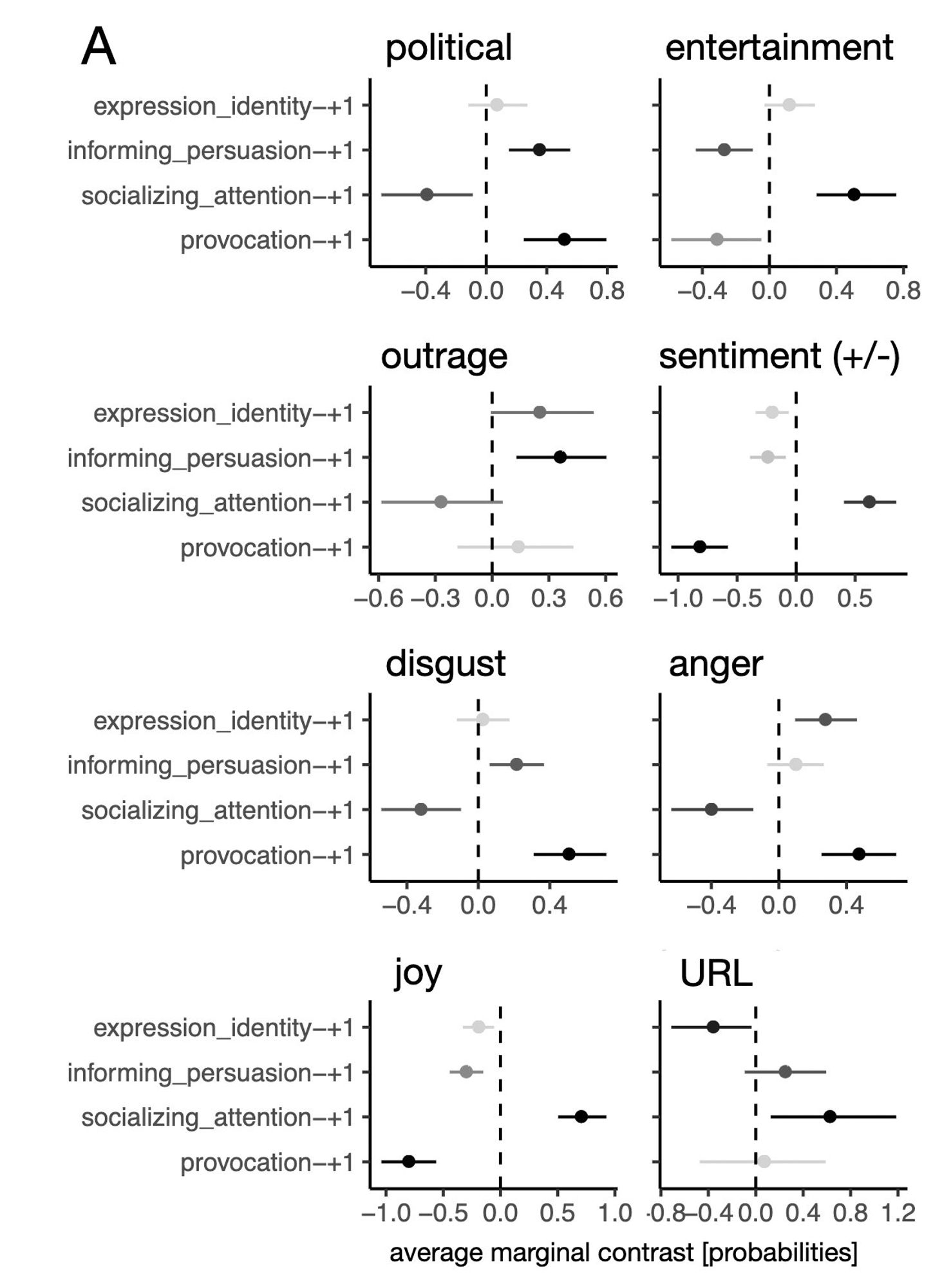
We found that overall, expressing one's opinion, bringing attention to a topic, informing others, and connecting with others were most important during ecological momentary assessment (EMA). Motives differed for sharing (retweets) vs. creating (original, quote, reply) content.
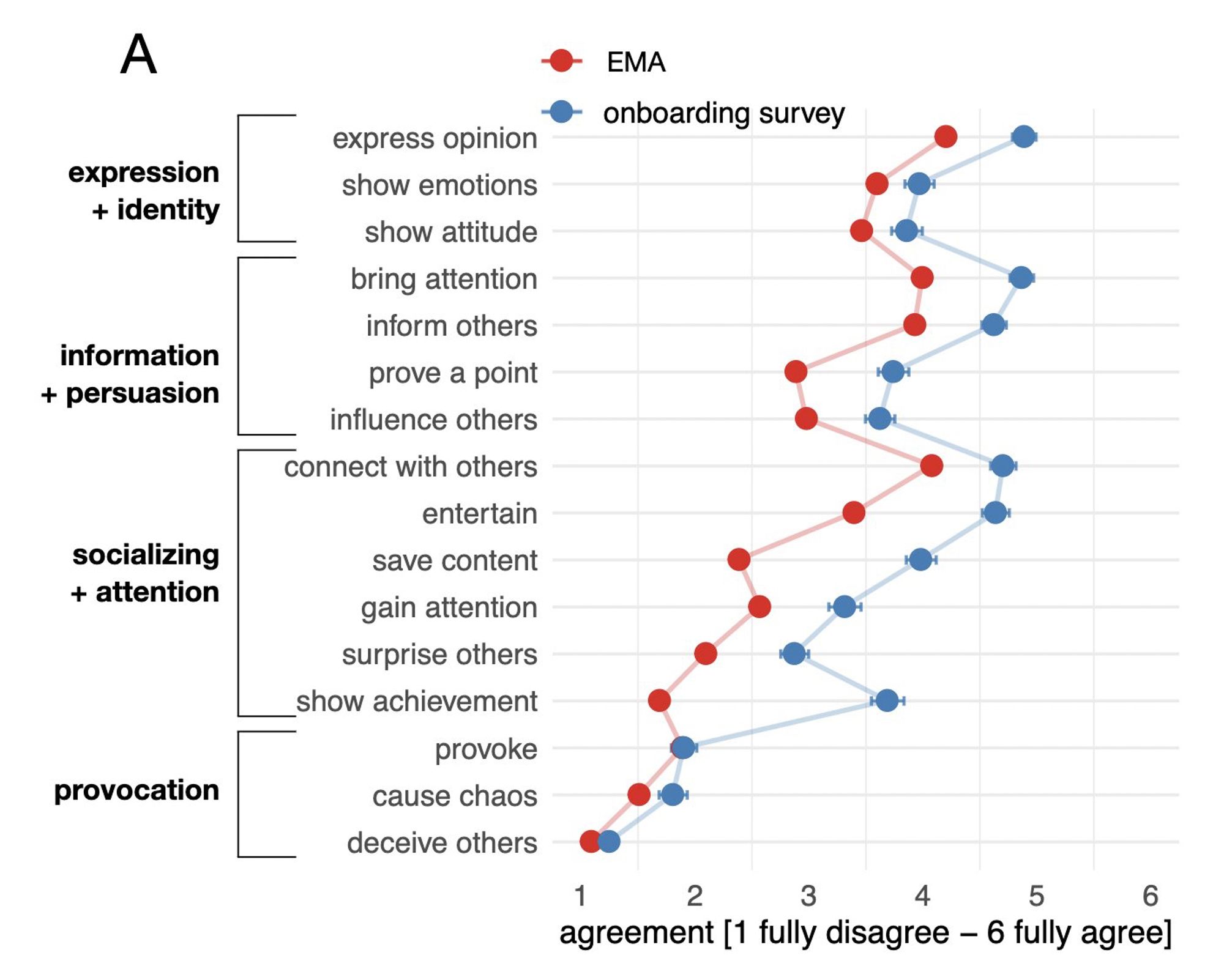
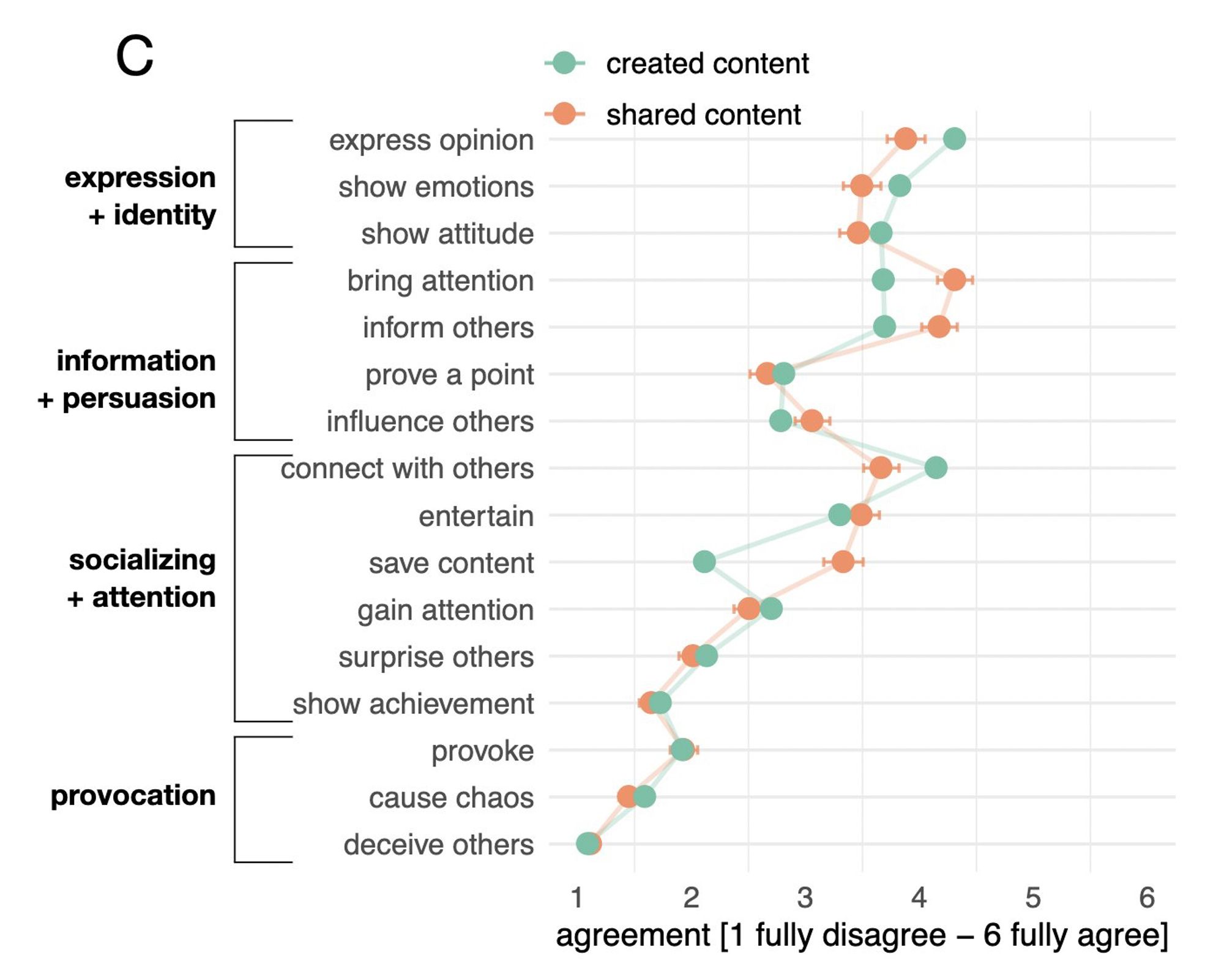
We used formr.org to couple participants' actual activity on Twitter (back then) over the course of a week. Whenever they posted an original-, re-, quote-tweet or reply, we sent them a small questionnaire about their motives for this particular post, in real time.

formr survey framework. chain simple surveys into long runs, use the power of R to generate pretty feedback and complex designs
Very excited to finally share our preprint after three years in the making! With @ruben.the100.ci@brionyswire.bsky.social@anaskozyreva.bsky.social@michaelgeers.bsky.social@stefanherzog.bsky.socialosf.io/preprints/ps...
Who falls for online misinformation? A meta-analysis on demographic and psychological factors impacting misinformation susceptibility. Preprint: osf.io/preprints/ps...@alantump.bsky.social@lorenzspreen.bsky.social, Ralph Hertwig, Anton Gollwitzer, @RalfKurvers 1/n
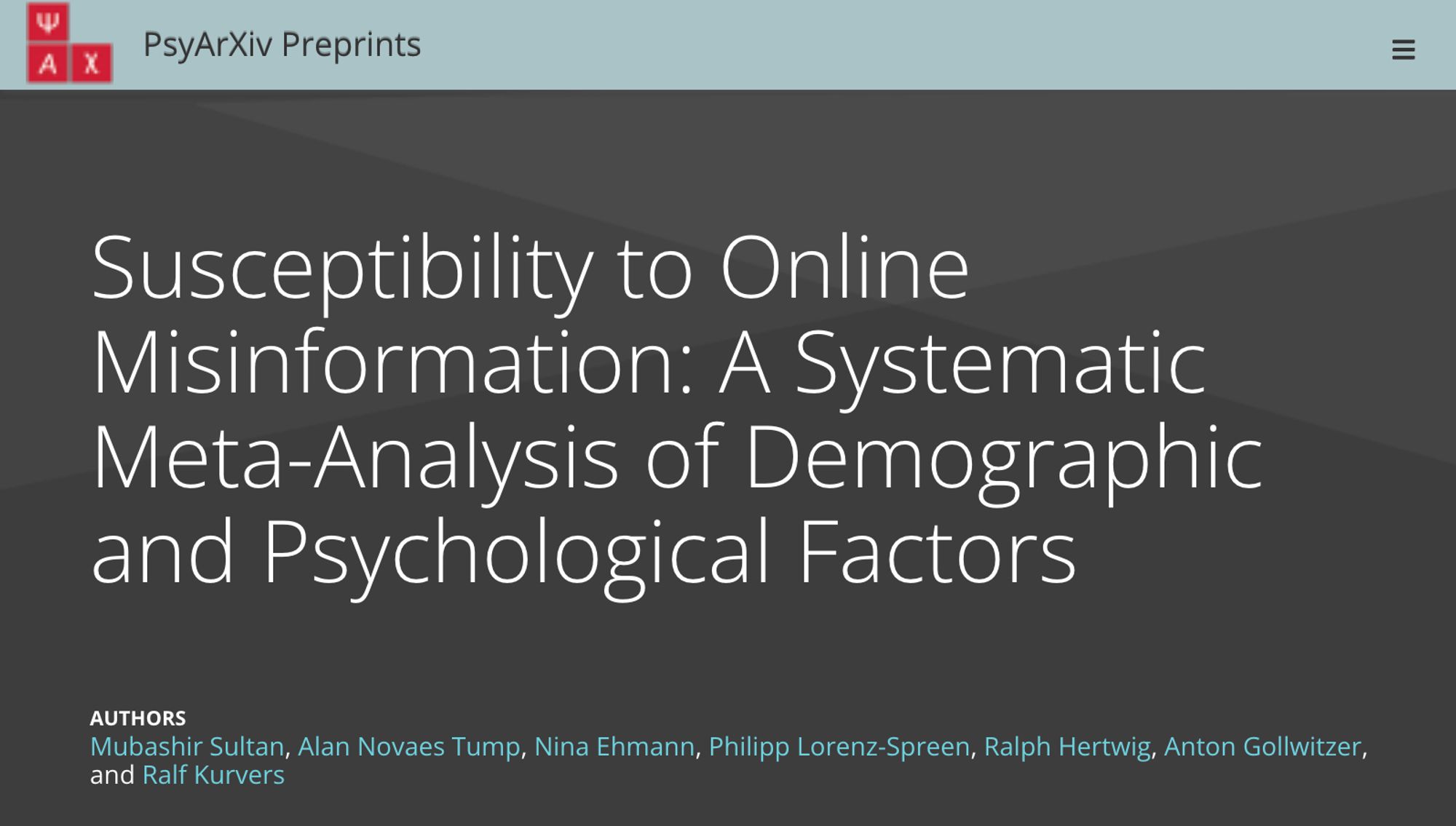
see also this recent paper by @lewan.bsky.socialwww.nature.com/articles/s44...
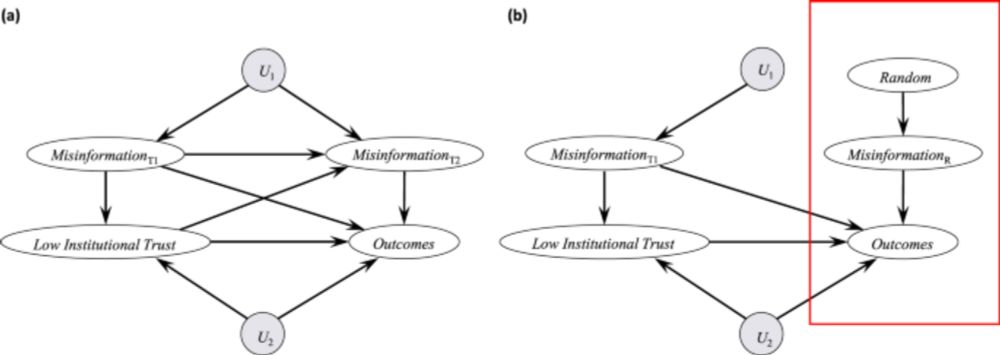
There is concern that many ills in Western societies are caused by misinformation. Some researchers argue that misinformation is merely a symptom, not a cause. This appears a false dichotomy, and rese...
... that its production can be driven by polarization but also fuels it, that it reduces trust in institutions which in turn increases susceptibility, or that elites produce a lot of it for an audience that believes it... and that it's worth studying all those pathways? (2/3)
